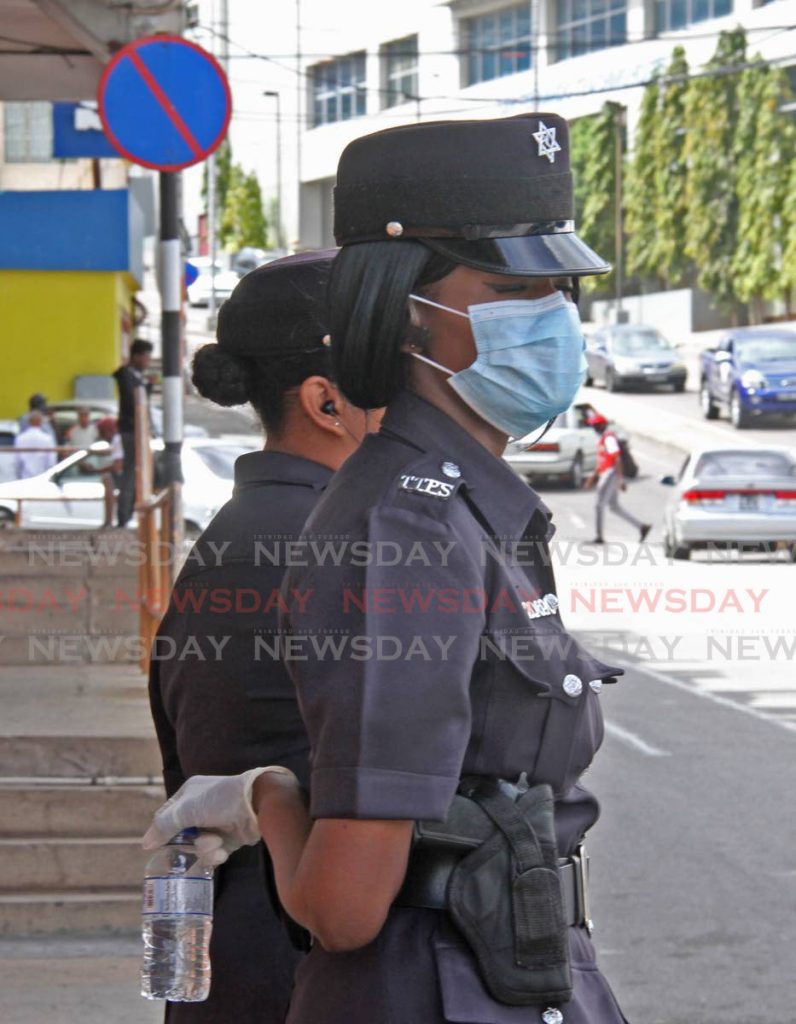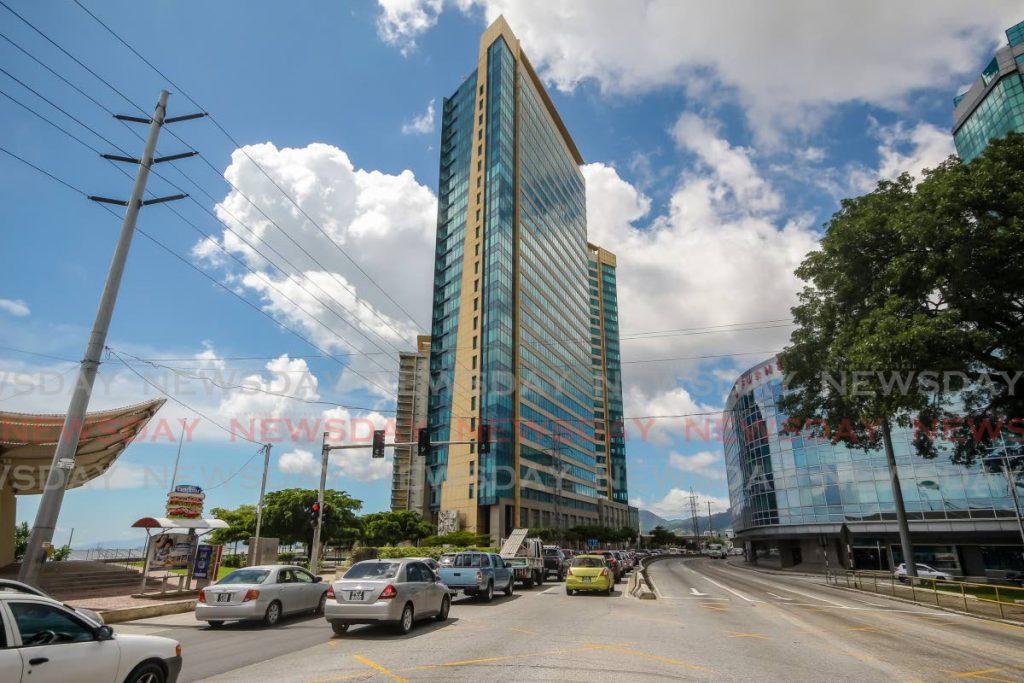A disaster more dangerous than covid19

Today’s issue in industrial relations has to do with preparations for what we are told will be the covid19 spread to every corner of the earth, including every nook and cranny of TT. I am not doubting that it will happen. The PM says it is coming. The Ministry of Health says it is coming. The Pan-American Health Organisation says it is coming, the World Health Organisation says it is coming. It is just a matter of time, and although those who are under 18 seem not to be susceptible to the virus and probably will not be affected much, if at all, certainly those over 60, as I am, are not only susceptible, we are certainly going to get it. Six per cent of us will die, according to the latest published figures. And I have it from a very good authority that all the rest of us will also die eventually from that inevitable virus called "old age" if another doesn’t get us first.
In the meantime, certain plans and processes must be put into practice to ensure that life goes on. After the 94 per cent of the population who do not die of covid19 get out of quarantine, business will continue, buses and taxis ply their routes and children go back to school.
We will have all changed, however. Namaste or fist bumps will be regarded as the correct etiquette that replaces social kissing and full body hugs. Placing your hand over your mouth will be as frowned on as trying to hide a lie and coughing into a cloth handkerchief then putting it into your pocket will be disgusting. People over 70 like Lynette "Granny" Luces or Joe Biden will be thought of not as potential marathoners or potential presidential candidates but as potential vessels of fragility and of vicious viruses to come. One epidemiologist told me years ago that eventually we will all die of viruses, they are developing and mutating so quickly. Vaccines can’t keep up.

PHOTO BY JEFF K MAYERS - JEFF K MAYERS
Another thing may also change, as happened following an electoral tie in the 90s when we were so busy having annual government elections that we had no government in power and life went on normally. Most of the population hardly noticed that there were no ministers guiding and directing us in what to do. A sneaking awareness arose, that has never entirely disappeared, that we might just get along on a day-to-day basis quite nicely without them.
So, the question may well arise, “Do we really need to have all these people leaving home at 5 am every day to fight traffic to go to work?”
“If they have been working from home during quarantine when the majority were not actually really ill but were comfortably working from home, why not continue that way?”
Well the answer to that is that not all workers can. Not all jobs allow for it, not all workers have working computers at home, or bandwidth. And most small employers, many newly retrenched now getting back onto their feet as entrepreneurs will go broke after the first two weeks of “isolation” if they can’t earn and therefore cannot pay wages. Can guest houses and BnB owners “layoff” workers without pay because no guests can come into the country? And how will the women working care for the children that are home from school that they can’t take to work? Has government set up child-care facilities for workers’ children that are safe, sanitary and not “congregational”? And without guests arriving, how will hotel owners earn money to pay wages? And what about Tobago?
Will banks halt mortgage and loan payments? While the honourable minister has announced that our taxes would pay for public servants affected by covid19, what about the salaries and wages of the non-government employees kept in quarantine?
These all must be certified by Carpha as having the virus, before they are given “pandemic flu” leave. But when? After they have had it for five days and presented symptoms? Can we all work from home till then?
Well, where you work is not as important as how you do the work and that you complete it as agreed. Some people prefer to work in the quiet hours around 3 am when there are no distractions and no “congregations” to distract them.
The skill in managing remote employees, however, is a skill that managers are learning all over the world. In Trinidad this is not only because of the more and more evolved viruses that will be coming our way. There is an immediate reason as well. As shiploads of foreign-used vehicles keep arriving in Trinidad, vehicular traffic has become a nightmare. Employees that spend two hours in exhaust fumes getting to work and on a rainy Friday three hours getting home are showing signs of stress-related behaviour that is often regarded by industrial psychologists as symptoms of mental illness. This affects the quality of life of those afflicted and the level of expertise and productive energy they can summon at work. For the economic future of TT this spells disaster, a disaster that may be more dangerous than covid19.

Comments
"A disaster more dangerous than covid19"